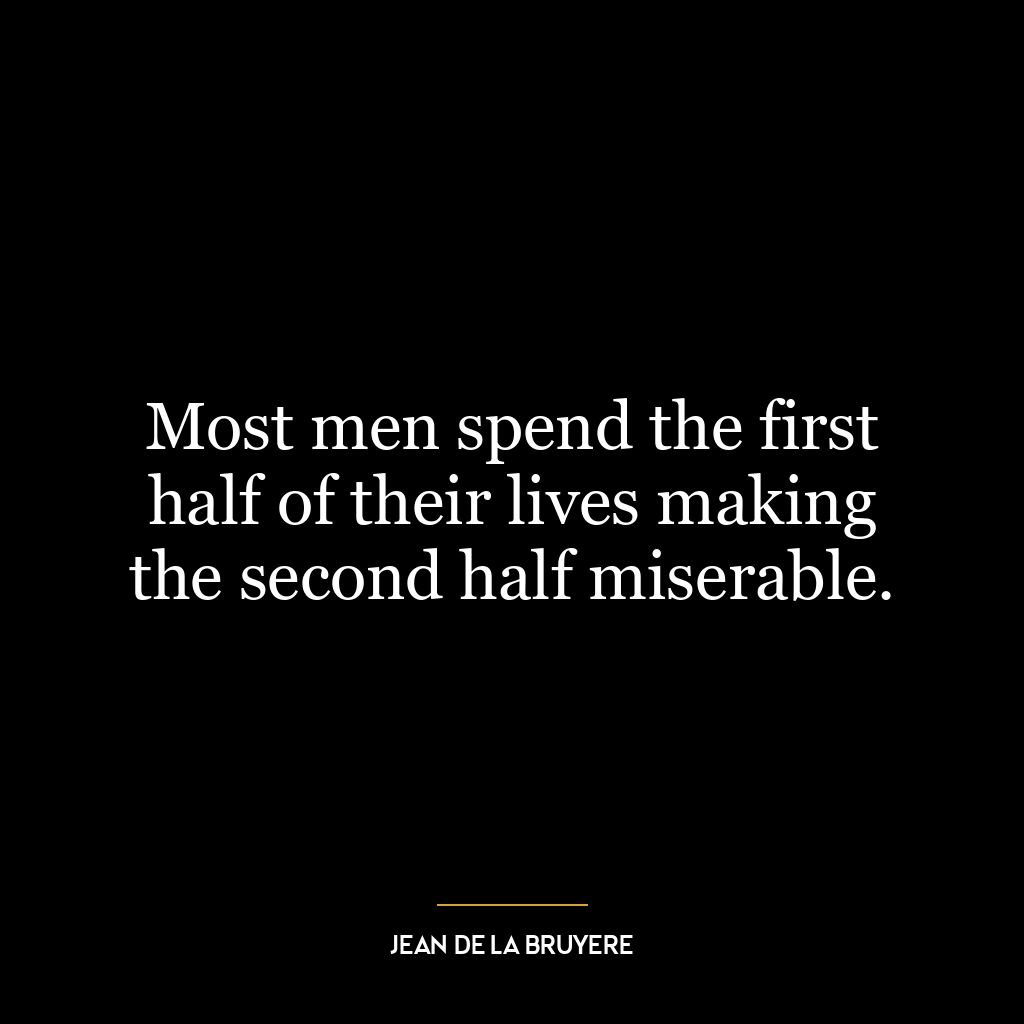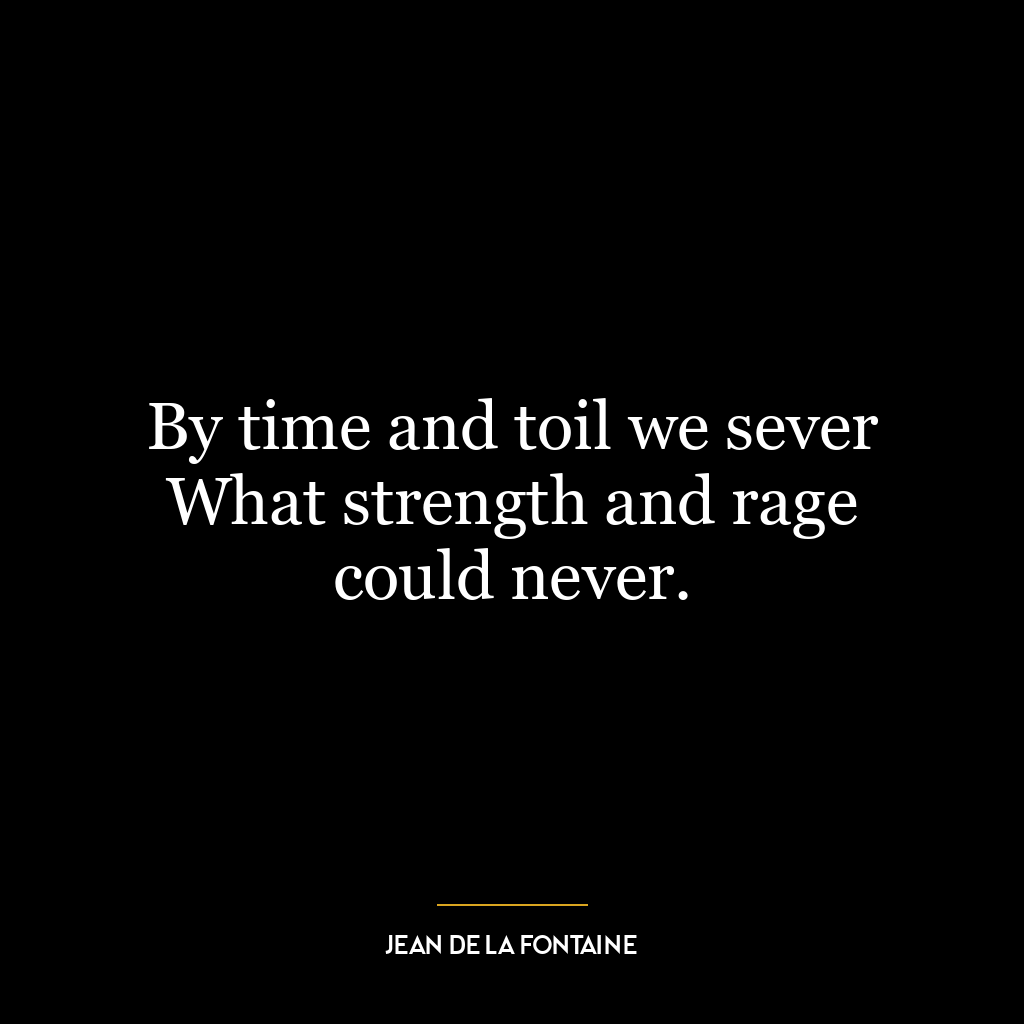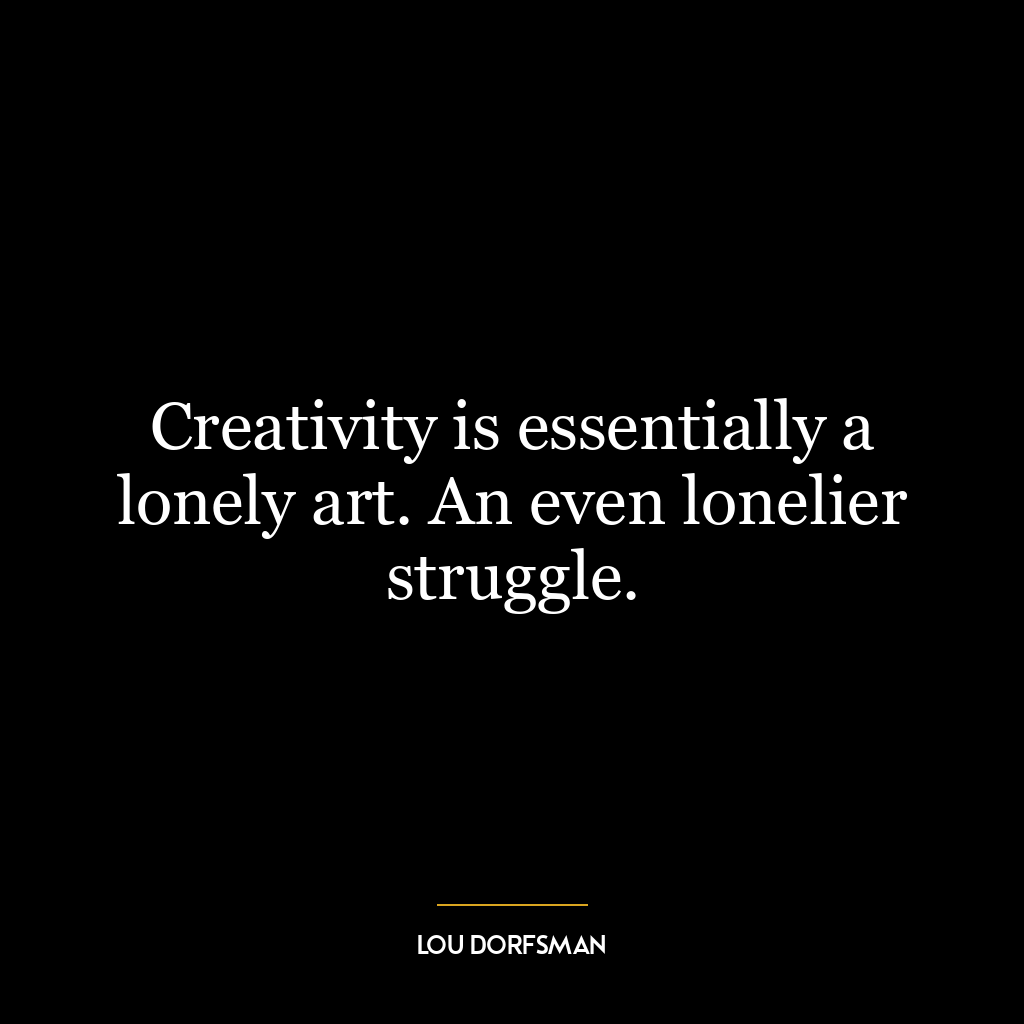Nonviolence is not an easy thing to understand, still less to practice, weak as we are.
This quote by Mahatma Gandhi suggests that understanding and practicing nonviolence is not a simple task, due to inherent human weaknesses. It implies that nonviolence requires more than just refraining from physical violence; it’s a philosophy of life, an approach to conflict resolution, and a commitment to empathy and understanding.
Nonviolence demands the strength of character to resist reacting impulsively or aggressively in challenging situations. This can be difficult because humans are naturally prone to defensive behaviors when threatened or provoked. It’s also challenging because it requires one not only to abstain from violent actions but also from violent thoughts and words.
The quote further implies that practicing nonviolence involves self-awareness, self-discipline, patience, and resilience - qualities which are often considered ‘strong’. Therefore, it challenges the conventional notion that power lies in dominance or aggression.
Applying this idea in today’s world could involve promoting dialogue over confrontation in conflicts at all levels – from personal disputes to international relations. Nonviolent communication would encourage listening with empathy rather than responding with hostility.
In terms of personal development, embracing nonviolence might mean cultivating patience and tolerance towards others’ views even if they differ greatly from our own; resisting the urge for revenge when wronged; seeking peaceful resolutions for disagreements; treating everyone with respect regardless of their status or behavior towards us.
Moreover, this concept can be extended beyond interpersonal relations into how we treat ourselves internally – avoiding harsh self-criticism or destructive habits as forms of ‘self-violence’. Instead choosing kinder ways of dealing with our failures or shortcomings can lead us toward healthier mental states and overall well-being.
Lastly on a broader societal level incorporating Gandhi’s idea might imply fostering educational systems where children learn about conflict resolution early on through active engagement rather than punitive measures which may perpetuate cycles of violence.








